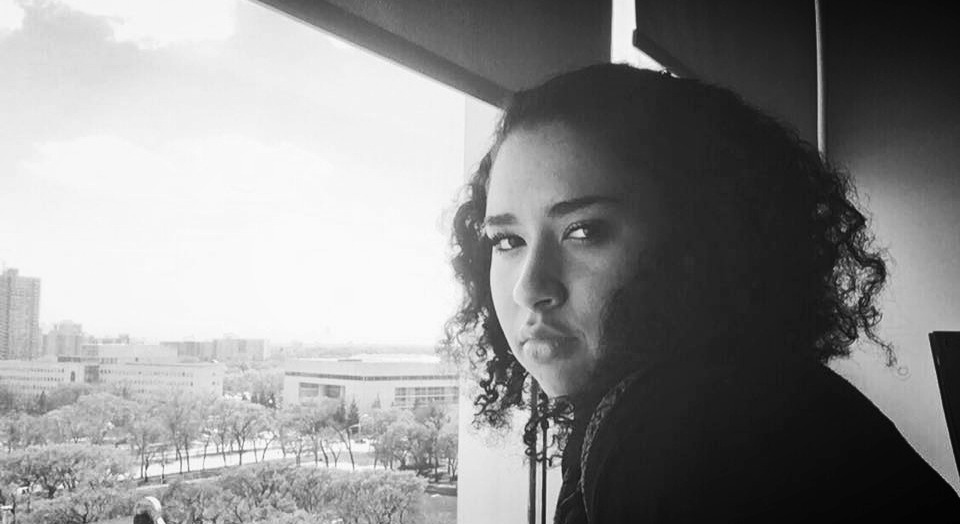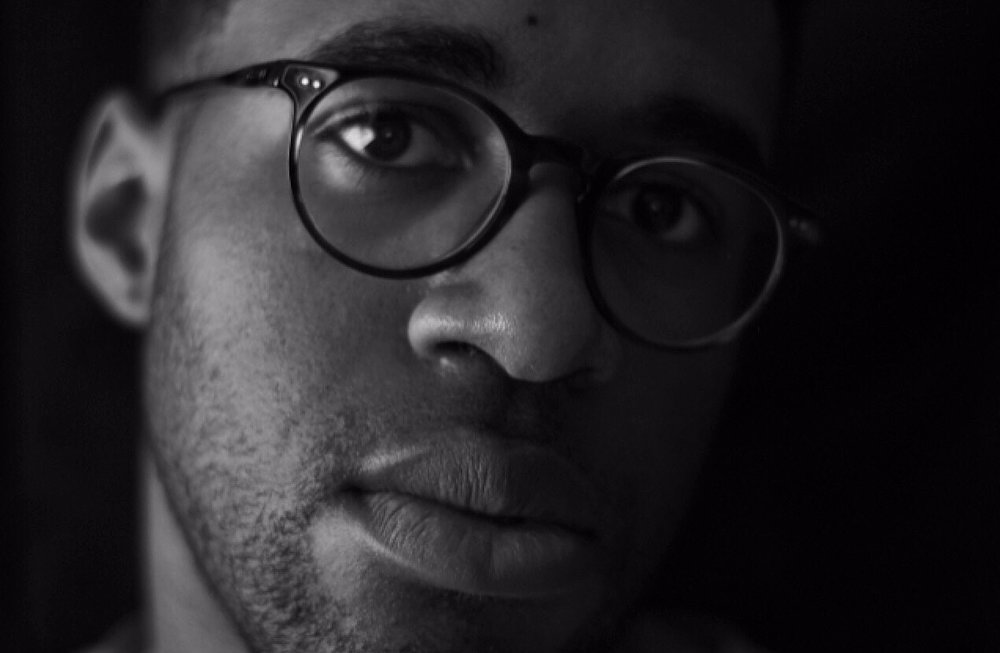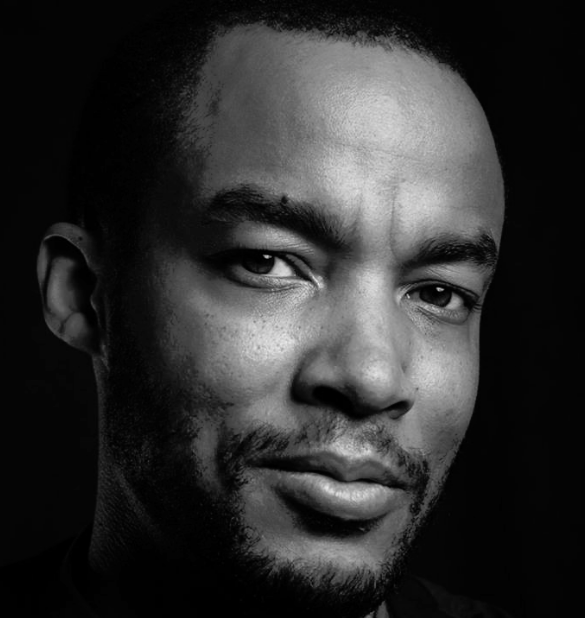New Paradigms Spur Festival Winnipeg

There’s no denying: we’re not all the same and the differences are numerous. Our beliefs, preferred value systems, and political alignments; the personalities we divulge; the overarching intersections of income quality and various types of discrimination that stand to shape and produce those values are so nuanced and varied, its smooth sailing being able to call the world we live in diverse, but does it ease the way for cultivating connections between people? How do we make sense of life in the midst of this often-times disorienting, individualistic world that always seems to have the potential to alienate?
Perhaps you didn’t think a possible solution would come from 20th century communications scholar, but Walter Fisher’s ubiquitous Narrative Paradigm describes it perfectly: humans are story-telling beings. That’s right, all human beings— regardless of race, creed, or financial disposition—can relate to one another based on our love of producing meaning and expression through narrative, a pattern that can be found in almost everything; poetry, spoken word, film, among other things.
Early this month, Spur Festival partnered with Black Space Winnipeg and invited Alexa Potashnik to act as moderator to bring festival-goers Chimwemwe Undi, Lorraine James, and Edmund Machona (a spoken word poet and linguist, an actor, and poet, respectively) who spoke of their experiences as black individuals in the Canadian arts scene and gifted us with narratives about bringing people together with their craft whilst challenging homogenous and non-inclusive pictures of Canadian identity.
The theme of this year’s festival was “risk”, which proved a generative topic when discussing inclusivity in the arts. While we all face a certain amount of risk in our daily lives, artists of colour face unique challenges and risk aspects of their livelihood, which further highlights the need for platforms for people of colour to share their own truth—panel discussions featuring exclusively black artists are a solid place to start. James, the actor in the group, spoke of not only working under a single black director throughout her decades-long career, but having to risk portraying stereotypical, demeaning characters to put food on the table, for example.
Shortly before the start of the festival, I was named an RBC Emerging Scholar, which granted me a full-access pass to all programming held that weekend. I saw this principle of encouraging essential and often-diminished storylines to be in the spotlight repeated, put forth to challenge the status quo instead of contributing to it. Held a day after the aforementioned panel, another titled “Indigenous Perspectives on Canada 150” invited Lisa Charleyboy (Tsilhqot’in from Tsi Deldel First Nation), a writer, editor, storyteller and host; Joshua Whitehead, an Oji-Cree, Two-Spirit storyteller and scholar from Peguis First Nation (Treaty 1); Wabiska Maengun, mother, artist/observer, arts administrator and a founding member of The Ephemerals; and Jaime Black, a Metis multimedia artist to discuss, under the dutiful moderation of Lenard Monkman, exactly what the panel discussion’s title suggests: their take on what is widely regarded as a positive celebration of Canada’s anniversary. I can confirm this was not the consensus among these artists and scholars.
In both cases, my heart is full from hearing their stories, allowing myself to grow from them, and from further shaping my understanding of the unfamiliar, which as it turns out, gets less and less foreign the more you sit down listen to it.
Photos By: Kelechi Asagwara (ÉZÈ Studio), and Corey Parsons (Prevail Media).
















